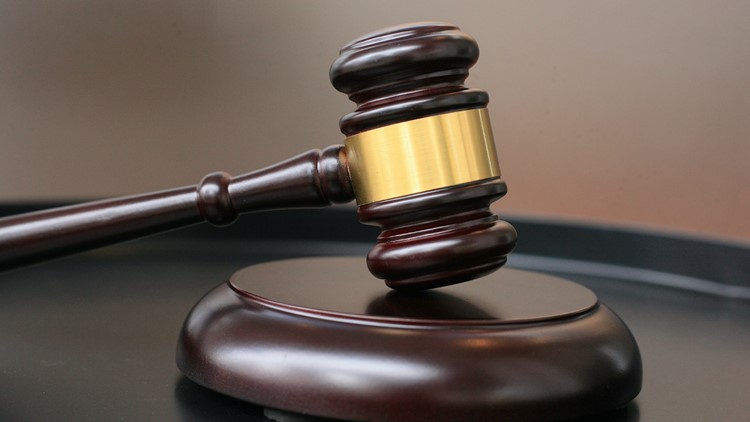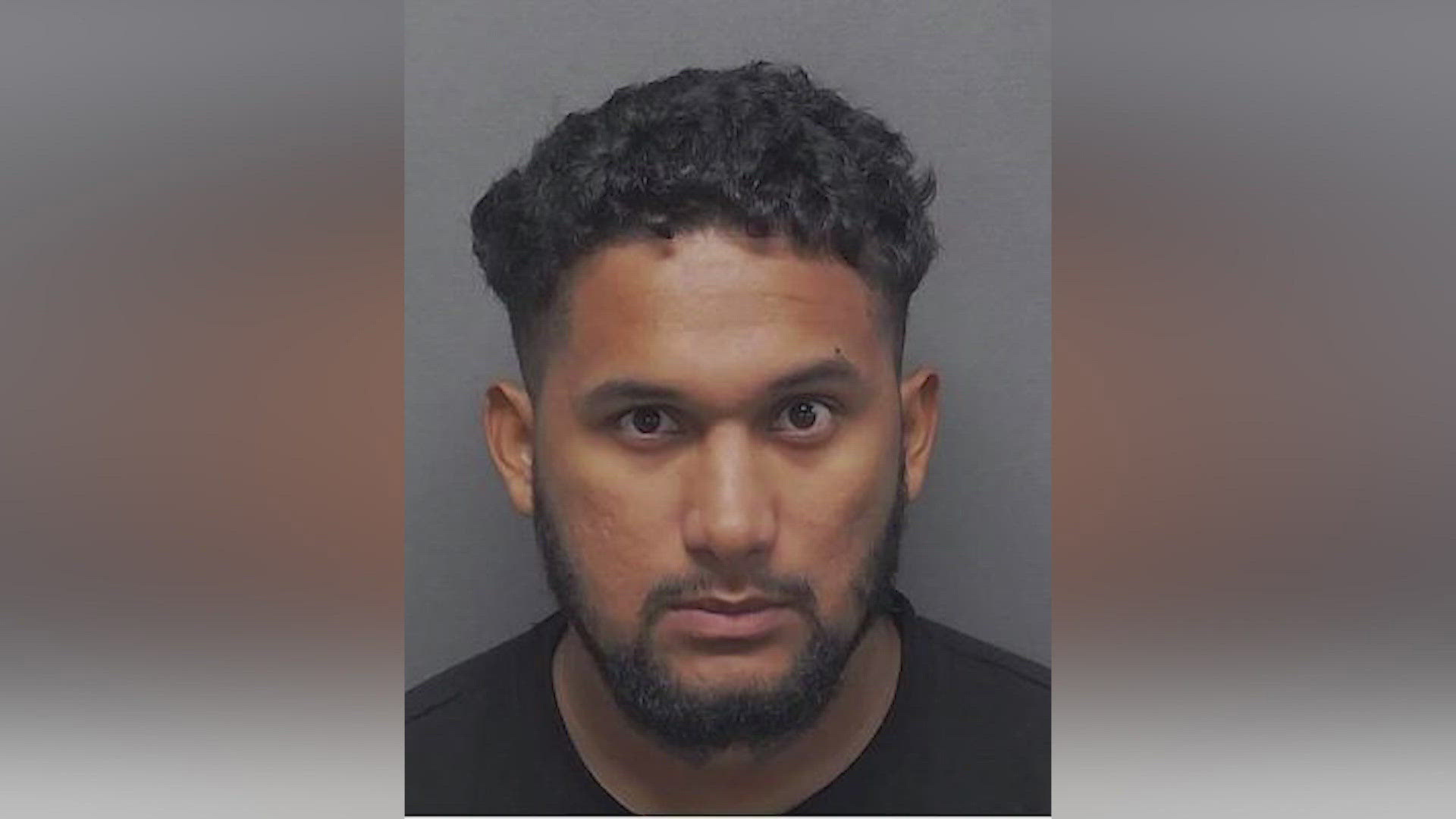SAN ANTONIO — A few days after he was in a classroom, he found himself in a courtroom.
On Monday morning a 13-year-old accused of cutting a classmate with a sharp object on Friday had his initial appearance before a juvenile judge.
Judge Jacqueline “Jackie” Valdes cited a state law on privacy concerns and closed the hearing to the public, since the boy is less than 14 years old.
Only the boy’s family and court personnel were allowed in to witness the proceeding. The family left court without the teen, so it appears as though he may have been ordered detained.
Information about the case is not subject to disclosure.
The attack at the IDEA Carver College Prep school in east San Antonio left another student with what they called superficial injuries to his neck.
The injured student was taken to a hospital to be checked out. The accused assailant spent the weekend in the juvenile detention center.
Generally, minors accused of crimes are not offered bond, as in the adult system. They have hearings before a judge in which personnel from the probation department, the district attorney’s office, the defense and the child’s family all get a chance to weigh in on what they believe should happen. Juvenile judges listen to all the input and then make rulings to either release the child from custody with conditions or order them to remain detained for ten days for evaluation.
Every 10 days the accused returns to court for a progress report. If a judge feels like the teen is making progress and following rules, they may release them with conditions like GPS monitoring, mandatory school attendance and prohibitions against using drugs and guns.
At the time of the incident, police said they didn’t know what provoked the attack, which they say happened inside a classroom.
Police said the other students in the room were moved to a safe location while the scene was processed. Parents who wanted to take their children home for the day were allowed to pick them up.
In addition to the criminal proceedings, the school does have an administrative process, which can include up to expulsion for serious incidents but disciplinary proceedings are not subject to disclosure.
>MORE LOCAL NEWS:
>TRENDING ON KENS 5 YOUTUBE:



